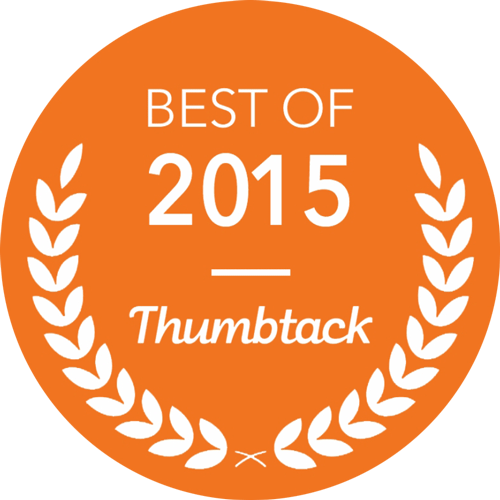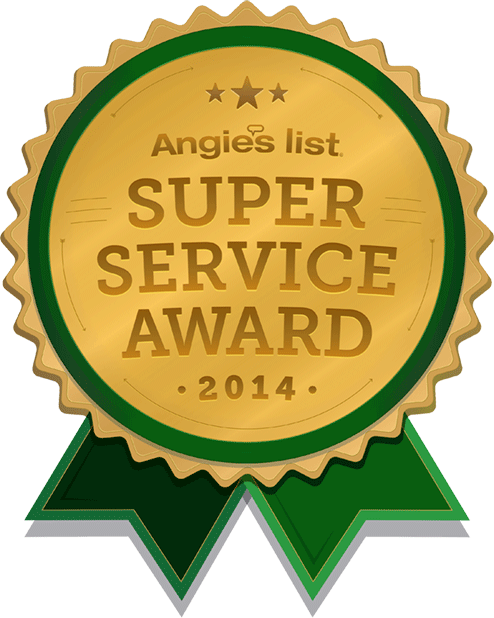Best Fencing Materials for Sarasota, Florida’s Humid Climate
When it comes to choosing the best fencing materials for Florida’s humid climate, durability and resistance to moisture, mold, and pests are crucial. Florida’s unique weather conditions—constant heat, high humidity, and occasional storms—demand fencing solutions that can withstand these elements. This guide covers top fencing materials for humid climates, helping you make an informed choice.
How Humidity Affects Fence Durability
In regions like Florida, humidity can accelerate the degradation of certain fencing materials. Wood, for example, may warp, rot, or attract termites if untreated, while metal fencing is prone to rust without proper maintenance. Understanding how humidity interacts with these materials is essential for choosing a fence that lasts.
Top Fence Material Options for Humid Climates
The following materials stand out for their resilience in humid and high-moisture environments.
1. Vinyl Fencing
Vinyl is one of the top choices for Florida homeowners due to its durability and low maintenance requirements. Vinyl fences resist moisture, rot, and pests, making them ideal for humid climates.
Pros:
- Highly resistant to moisture and humidity
- Doesn’t require painting or staining
- Resists rot, mold, and insect damage
Cons:
- Higher initial cost compared to wood
- May become brittle over time with prolonged sun exposure
Maintenance Tips for Vinyl Fence: Regularly rinse with water to remove dirt and debris, especially after storms or periods of heavy rain.
Freedom Fence FL Advantage: We offer
premium vinyl fencing solutions designed to last, with expert installation to ensure maximum durability.
2. Aluminum Fencing
Aluminum fencing combines the elegance of wrought iron with the benefits of rust-resistance and low maintenance. It’s powder-coated to prevent corrosion, making it an excellent choice for humid areas.
Pros:
- Rust-resistant and suitable for coastal areas
- Lightweight and easy to install
- Low maintenance with no need for painting
Cons:
- Not as strong as steel
- Less privacy compared to wood or vinyl options
Maintenance Tips for Aluminum Fence: Rinse periodically to avoid salt buildup if located near the coast, which can affect the powder coating over time.
Freedom Fence FL Insight: We install aluminum fences that are powder-coated for added durability and come with a variety of design options to suit your needs.
3. Chain Link Fencing
Chain link fencing is a popular, cost-effective option that holds up well in Florida’s humid climate. While it’s not as private as other options, it provides durability and requires minimal upkeep.
Pros:
- Cost-effective and easy to install
- Resistant to moisture and requires little maintenance
- Great for security without obstructing views
Cons:
- Minimal privacy compared to other fencing types
- May rust if not properly coated or maintained
Maintenance Tips: Opt for a galvanized or vinyl-coated chain link to prevent rusting. Regularly inspect for any signs of rust and treat promptly to maintain durability.
4. Steel Fencing (Galvanized and Powder-Coated)
Steel fencing is one of the strongest materials available, often chosen for security and durability. When galvanized or powder-coated, steel becomes highly resistant to rust, a critical feature for Florida’s humidity.
Pros:
- Extremely durable and secure
- Rust-resistant when treated
- Can provide a modern aesthetic
Cons:
- Higher cost than aluminum or vinyl
- Can be heavy and more complex to install
Maintenance Tips: Inspect the coating annually and touch up areas where it may have worn off to maintain corrosion resistance.
5. Pressure-Treated Wood Fencing
For those who prefer a natural look, pressure-treated wood is a viable option. Treated with chemicals to resist rot and insects, it lasts longer than untreated wood, though it may still require regular maintenance in Florida’s climate.
Pros:
- Natural aesthetic, blends well with landscapes
- Chemically treated to resist insects and rot
Cons:
- Requires sealing or staining to protect against moisture
- Vulnerable to warping over time in high humidity
Maintenance Tips: Stain and seal annually to maintain moisture resistance. Monitor for signs of mold or mildew and clean as needed.
Fence Maintenance Tips for Humid Climates
Regardless of material, fences in humid climates require proactive maintenance. Here are general tips to prolong your fence’s lifespan:
- Regular Cleaning: Prevent mold and mildew by rinsing or scrubbing away buildup, especially after heavy rainfall.
- Inspect for Damage: Check for rust on metal fences and cracks or warping in wood fences. Early detection helps you prevent more extensive damage.
- Apply Protective Coatings: For wood, annual staining or sealing is essential. For metal, check the coating and touch up any worn areas to avoid rust.
- Mind the Landscaping: Keep plants and soil from directly touching the fence, as this can introduce additional moisture and pests.
Choosing the Right Fence Material for Your Needs
Each fencing material offers unique benefits, so it’s essential to choose based on your specific needs—whether for privacy, durability, or aesthetics. Vinyl, aluminum, chain link, and steel offer excellent resistance to Florida’s humid climate, while pressure-treated wood provides a natural option with proper upkeep.
For Florida homeowners, investing in durable, moisture-resistant fencing can help avoid frequent repairs and enhance the value of your property. Select the material that best suits your priorities, and enjoy a long-lasting fence tailored to withstand Florida’s humid climate.
Looking for fence installation in Florida? Explore options with Freedom Fence FL, serving Sarasota, Bradenton, Port Charlotte, and nearby areas.
Mon-Fri: 8am-5pm • Sat-Sun: Closed
Financing, Cash, Check & All Major Credit Cards
License: FL CBC Lic. #1263682
4385 Independence Ct,
Sarasota FL 34243





